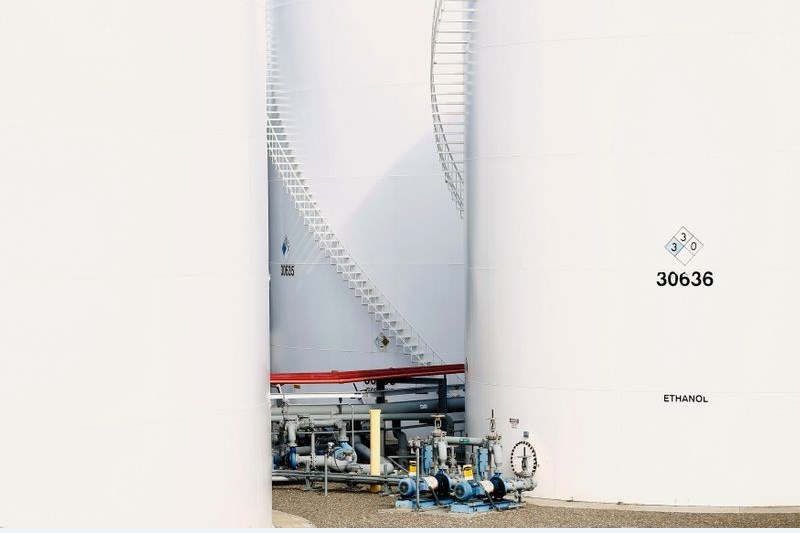The ongoing conflict between Israel and Hamas could lead to a disruption in the Middle East oil supply, potentially causing an energy price surge that might exacerbate global food insecurity, according to a recent World Bank report. This comes on the heels of Russia’s invasion of Ukraine, an event that Chief Economist Indermit Gill described as a shock to commodity markets not seen since the 1970s. However, the impact of these events has been relatively modest so far due to global economic resilience.
In contrast to the energy crisis of the 1970s, when Arab oil producers imposed an embargo and supply declined after the Iranian revolution, today’s oil market conditions are different. Decreased reliance on oil, diversified suppliers, and strategic reserves are now helping to mitigate risks. Moreover, oil intensity has fallen due to improved transport efficiency and the increased use of alternative energy sources.
Despite these protective measures, any disruptions could cause initial price increases ranging from 3% to 75%. The World Bank projects Q4 2023 oil prices at $90 a barrel and $84 overall for 2023, down from $100 in 2022.
Deputy Chief Economist Ayhan Kose emphasized that sustained high oil prices would inevitably lead to higher food prices. The number of severely food-insecure people globally has risen from 624 million in 2017 to an estimated 900 million in 2022. An increase in oil prices could further inflate food prices by raising production and transportation costs for food and fertilizers, worsening this global food insecurity.
Oil supply disruptions could also impact other commodities through increased production costs. , which is vital for fertilizer production, could see price increases as well. Furthermore, the ongoing conflict could raise the price of gold, often considered a safe-haven asset.
The U.S. benchmark West Texas Intermediate crude and global benchmark have experienced fluctuations in response to these global events. OPEC+ production cuts are expected to balance supply increases until the end of the year. The International Energy Agency (IEA) plays a crucial role in formulating responses to such energy shocks, a responsibility that has become increasingly important in light of these potential disruptions.
This article was generated with the support of AI and reviewed by an editor. For more information see our T&C.
Read the full article here



